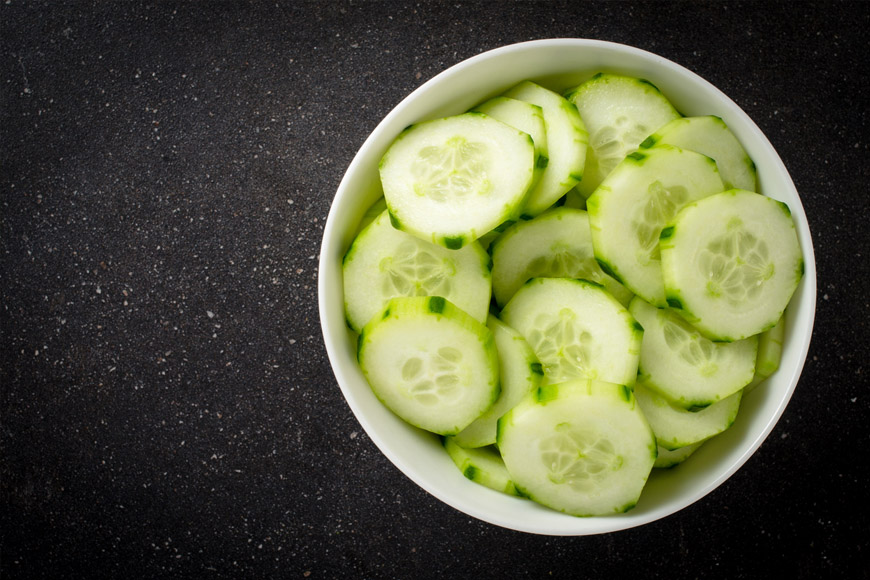If you’re considering moving to Oman, here’s an idea of what your expenses will be like.
27 June 2017
| Last updated on 2 July 2017
As Oman has no personal income tax, it’s a popular choice for expats. Additionally, its location is central, the weather is great for most of the year and the nature is astounding.
However, it’s very important to compare your living expenses and make sure that your salary will be able to cover it all. Here’s an idea of what you should budget for…
Accommodation
Most expats tend to rent out apartments or villas in Oman. Housing makes up a huge portion of expenses here.
For instance, an unfurnished one-bedroom apartment in Ruwi, a business district in Muscat, can range from OMR250 to OMR300 per month. An unfurnished two-bedroom apartment would be around OMR450.
Prices in the coastal area will be much higher. Keep in mind that rent here is paid yearly and not monthly. Therefore, you will be paying your rent in one to four cheques for a year’s contract.
SEE ALSO: Guide to accommodation in Oman
Utilities
Water, gas and electricity are generally excluded from the rental price and have to be paid every month. The bills will depend on your usage, but they usually range from OMR 20 to 30 monthly. Electricity bills are usually higher in the summer months due to the high air-conditioning consumption.
High speed broadband internet is available in Muscat for the most part. The cost will depend on the speed, but it’s generally around 25 OMR.

Transportation
Most expats tend to buy a car as their preferred mode of transportation since they are affordable. Petrol is also relatively cheap compared to many other countries, averaging about OMR0.20 per litre.
Taxis are also good value but don’t always have metres. However, it has been announced recently that all taxis will have to operate with metres soon.
Buses are also another option for getting around Muscat. They are very cheap to use and they're predominantly used by low-wage workers. A one-way ticket will cost you around OMR0.40 and a monthly pass about OMR10
SEE ALSO: Guide to buying a car in Oman
Food
Food is generally cheap, but buying imported food can get costly. Lulu is the best value supermarket, Carrefour is mid-range and Al Fair is the most expensive.
Fresh fruits and vegetables tend to be on the cheap side. Buying a kilogram of spinach, tomatoes, lettuce and sprouts would cost you around OMR0.50 each. A kilogram of orange also costs around OMR0.50 and grapes would cost around OMR1.50 per kilogram.
Pork is not consumed by Muslims and is therefore usually placed in a separate section in the supermarket. Since it’s imported, it’ll be more expensive than other types of meat, possibly around OMR3.50 per kilogram.

Alcohol and cigarettes
Oman is a Muslim country and so the consumption of alcohol is restricted. Expats need a licence to be able to purchase alcohol at designated spots. It’s also possible to get alcoholic drinks at hotels and selected restaurants.
Alcohol is generally quite expensive and it’s subject to a 100 per cent tax levy. The typical cost for a case of 24 bottles of beer ranges from OMR 10 to 15. Wine bottles start in price from OMR3 and up, with some going upwards of OMR20 a bottle.
A pack of cigarettes will usually run you OMR 1.20.
SEE ALSO: Buying and drinking alcohol in Oman
Healthcare
As an expat, you and your family will likely be covered by your company’s health insurance plan. However, keep in mind that most plans have exclusions, such as dentistry. Additionally, some insurance policies do not provide coverage for all health centres. So it’s likely that you might need to pay additional costs.
Education
Schools here can be quite expensive and are possibly the other biggest expense aside from accommodation. For an idea of how much annual tuition is at the different schools available, click here>>


















































_2.jpg?itok=XEABuHuU)
















































_2.jpg?itok=j80YWwf-)


















